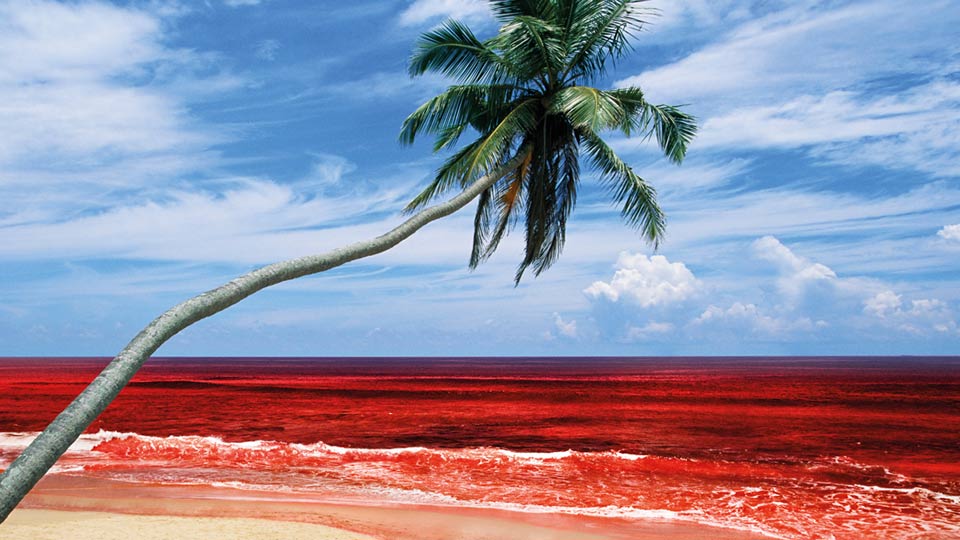‘Do not let Sri Lanka off the hook’ – Freedom from Torture
The British Charity Freedom from Torture, has stated that the Sri Lankan government’s commitment to eradicate torture cannot be trusted and call upon the international community to ensure that it is held accountable for any breach of the UN Convention Against Torture.
In a statement released on Friday, the group said,
“It is clear as day under international law that torture is wrong in all circumstances, whoever the victim – be they combatant or civilian, man or woman. Allegations must be investigated; torturers must be held to account."
"Let us hope that governments around the world do not let Sri Lanka off the hook if the government fails to achieve the justice it has promised through its own means."
"Given the shocking cases of torture we have documented – survivors arriving at our door in the UK with the resulting mental and physical scars still fresh – the government's word on torture is not something we can hold in any regard.”
It comes after the UN Committee Against Torture meeting concluded this week, where Sri Lanka’s abuses were once again under the spotlight.
The Committee's Rapporteur on Sri Lanka, Felice Gaer told the Sri Lankan delegation that they had failed to respond adequately to the substantial allegations laid out before them, with Co-Rapporteur on Sri Lanka, Alessio Bruni adding,
“We have heard a lot of information (from the Government) about rules and regulations, not so much about what happens in the country...the reality seems to be different, the amount of allegations coming from the most reliable sources.. UN sources...NGO sources...one cannot say that there is a real zero tolerance policy in Sri Lanka....You said you are 110% with us. Are you 110% with your own civil society?"
The Sri Lankan delegate, Mohan Peiris then reasserted his previous position vowing to “bring [torture] to a minimum”.
Freedom from torture slammed the response, saying,
“This is hardly consistent with the absolute nature of the prohibition on torture; never means never – not 'minimise'.”
The culture of impunity was also discussed, with Gaer noting that Sri lanka had not given any indication that they would investigate and prosecute those responsible for torture, stating “this is the most central obligation on states (as well as criminalising torture) in the Convention".
Freedom from Torture reiterated that position calling for “thorough and independent investigations” into all allegations of torture.
The statement also commented on the LLRC, calling it “deeply flawed” and that it is expected to deliver a “whitewash”, when it finally releases its report.
“At this point, the UK and other states which have withheld further pressure on the Sri Lankan regime pending the report will have no choice but to act.”

